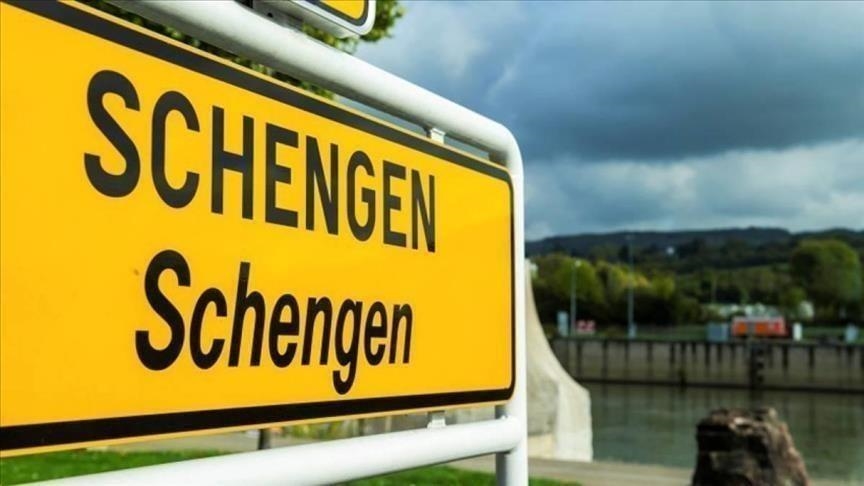EU marks 40 years of Schengen Agreement amid criticism over border control
Some see border controls as challenge to free movement, a core EU principle

BRUSSELS
As the European Union marks the 40th anniversary of the Schengen Agreement, it faces growing scrutiny over the increasing use of internal border controls among Schengen countries -- raising questions about the future of free movement within the bloc.
On Thursday, the EU Council adopted a declaration reaffirming its commitment to the Schengen Area and its role in European integration and cooperation.
The declaration highlights the EU's dedication to maintaining a common travel zone without internal borders, strengthening external border management, and enhancing efforts to combat illegal migration.
The Schengen Area, which allows more than 400 million people to travel without internal border checks, was established on June 14, 1985, near the town of Schengen in Luxembourg. It was initially signed by five of the 10 European Economic Community member states and has since expanded significantly.
As of Jan. 1, 2025, with the accession of Bulgaria and Romania, the Schengen Area comprises 29 members.
It now includes EU states, Germany, Austria, Belgium, Croatia, Czechia, Denmark, Estonia, Finland, France, Greece, Hungary, Italy, Latvia, Lithuania, Luxembourg, Malta, the Netherlands, Poland, Portugal, Slovakia, Slovenia, Spain, Sweden, Bulgaria, and Romania, alongside non-EU members Norway, Iceland, Liechtenstein, and Switzerland.
- Border controls resurface
In recent years, several Schengen states -- including France, Germany, Austria, Denmark, Sweden, and Norway -- have reinstated temporary internal border checks, in response to security threats and irregular migration.
Critics argue these measures undermine the Schengen principle of free movement, one of the EU’s founding values.
Under the Schengen Borders Code, member states are allowed to reintroduce border controls only in exceptional situations and for a limited time. The European Commission has urged countries to use such measures strictly as a last resort and to lift them once conditions normalize.








